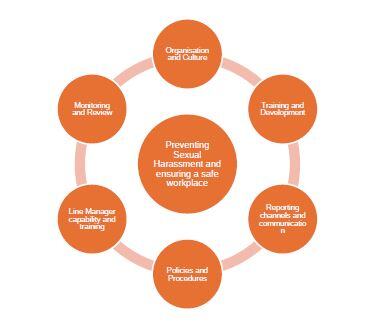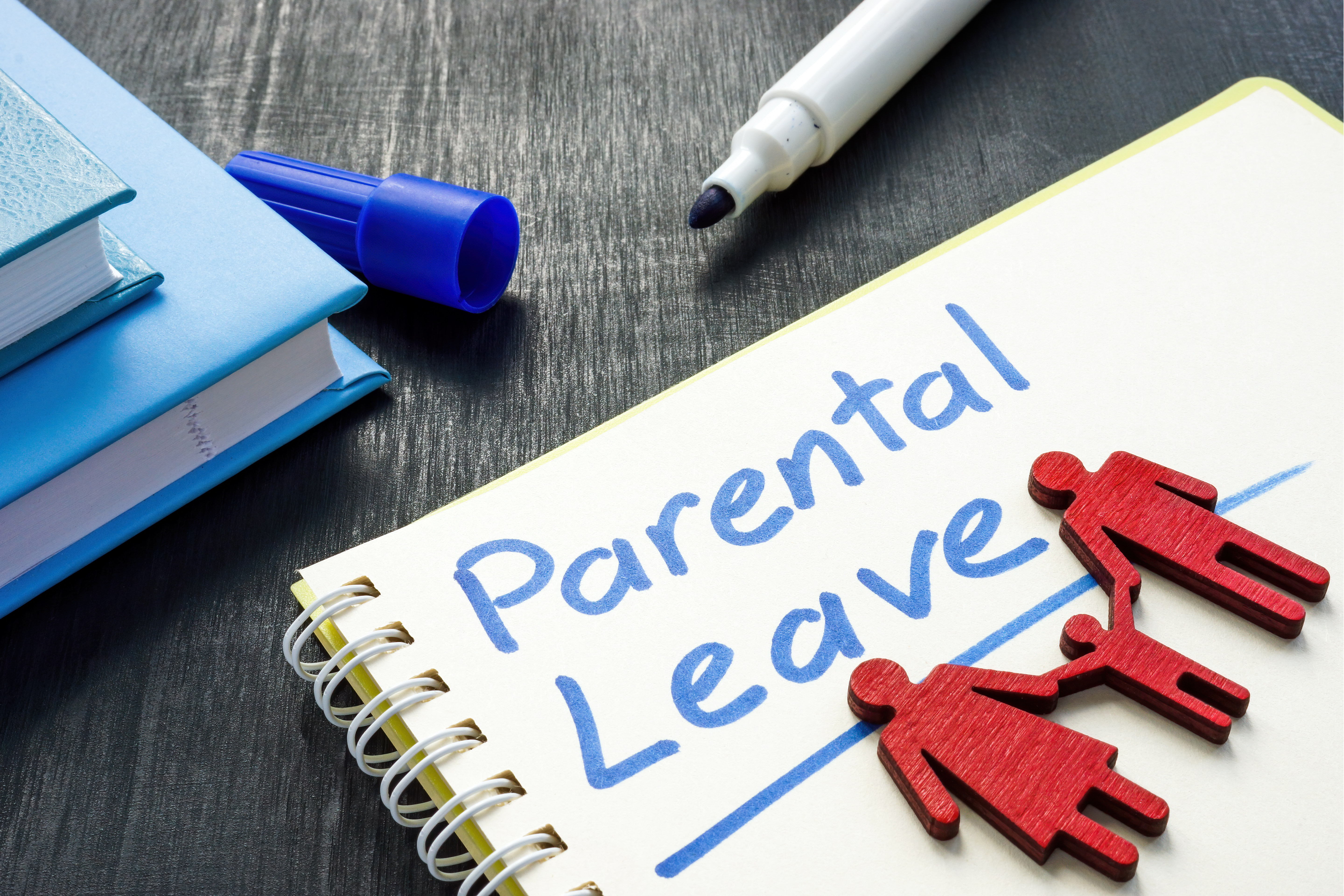Changes to the Equality Act regarding Sexual Harassment


As an employer, fostering a safe, respectful workplace is essential—not just morally
but legally. Sexual harassment in the workplace can harm employees’ well-being,
damage your business’s reputation, and lead to costly legal consequences. With
recent changes to the Equality Act, now is the perfect time to review your company’s
practices (and even better ahead of the festive season parties).
From October 2024, an amendment to the Equality Act came into force increasing
employers responsibility regarding sexual harassment in the workplace. The main
change is that employers must now take reasonable steps to prevent sexual
harassment of employees in the course of their employment.
The main change is that employers should not wait until a complaint of sexual
harassment has been raised before they take any action. The duty requires that
employers should anticipate scenarios when its employees may be subject to sexual
harassment and take action to prevent such harassment taking place. However, if
sexual harassment has taken place, the preventative duty means an employer
should take action to stop sexual harassment from happening again.
So, a good time to review now, with both the compliance aspects but also with
upcoming Christmas parties, it’s a great time to make sure you’re not facing any
issues come the festive season.
Employers will be liable for harassment committed by their workers in the course of
their employment unless they can rely on the ‘reasonable steps’ defence.
These include acts:
committed by one worker against another of their workers
committed by one of their workers against a job applicant or former worker
committed by an agent acting on their behalf against one of their workers, and
where a failure to deal with harassment of one of their workers by a third party, or by another worker outside of employment, amounts to direct or
indirect discrimination
Some questions to ask yourself to get you started:
How do you currently deal with harassment in the workplace?
What is your culture like in terms of being supportive in this area?
Do you have an anti-harassment policy in place (including sexual harassment)
detailing the definition and process for preventing, reporting, investigating,
supporting and disciplining any harassment, including sexual harassment.
Do you run training for Line Managers to build their capability in handling
harassment incidents or work to prevent them?
A great workplace considers these areas when thinking about the amended
legislation and puts processes and practices in place to support employees and
managers. If you want an easy diagnostic, or any support in thinking about this,
please contact HRservices@davidhoward.co.uk and we can work together on the
right level of support for your business.








Comments